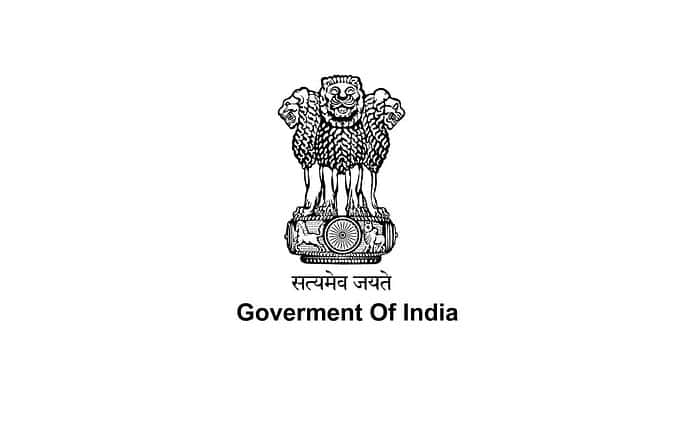Last Updated on October 14, 2024 by The Health Master
‘Zero Tolerance’ policy on spurious medicines
Union health minister Dr Mansukh Mandaviya recently affirmed the Indian government’s commitment to combatting the issue of spurious medicines through a ‘Zero Tolerance’ policy.
As part of this initiative, the government has taken strict action against non-compliant pharmaceutical companies, including the closure of 18 drug manufacturing plants and the issuance of show cause notices to 17 others.
Dr Mandaviya’s statements were made during the 8th Global Pharmaceutical Quality Summit organized by the Indian Pharmaceutical Alliance (IP Alliance) in Mumbai.
The Need for Collaborative Efforts:
Industry leaders highlight the importance of collaborative efforts between regulatory agencies, pharmaceutical businesses, and healthcare organizations to enhance the quality control of Indian medicines.
To strengthen India’s reputation as a reliable source of high-quality pharmaceuticals, it is crucial to establish robust regulatory frameworks and implement rigorous monitoring systems.
The Role of Central Drugs Standard Control Organization (CDSCO):
The CDSCO has responded to recent concerns by undertaking risk-based inspections throughout India.
In collaboration with state drug licensing authorities and the Drugs Controller General of India (DCGI), the CDSCO is conducting comprehensive audits of manufacturers’ compliance in areas such as sanitation, hygiene, self-inspection, quality audits, and prevention of cross-contamination.
These inspections aim to ensure the adherence of pharmaceutical companies to strict quality standards and minimize the risk of exporting contaminated medicines.
Conclusion:
The Indian government’s ‘Zero Tolerance’ policy on spurious medicines demonstrates its commitment to enhancing the quality control of pharmaceutical products.
Collaborative efforts between regulatory agencies, pharmaceutical businesses, and healthcare organizations are crucial for establishing robust regulatory frameworks and implementing stringent monitoring systems.
By streamlining the regulatory structure, strengthening inspections, and promoting transparency and accountability, India can solidify its reputation as a trusted source of high-quality pharmaceuticals.
DTAB recommends amendment to Pack Size provisions for Tablets and Capsules
USFDA completes inspection of Granules India in two facilities
Hyderabad Pharma City: A Thriving Hub for Pharma Industry
DTAB: Examination of RMP requirement for sale of Cough Syrups
NPPA fixed Ceiling price of 2 scheduled formulations: June 2023
CDSCO orders transfer of 33 Deputy Drugs Controllers: List here
Explosion in Pharma Company: Andhra Pradesh
NPPA fixed retail price of 51 formulations: June 2023








